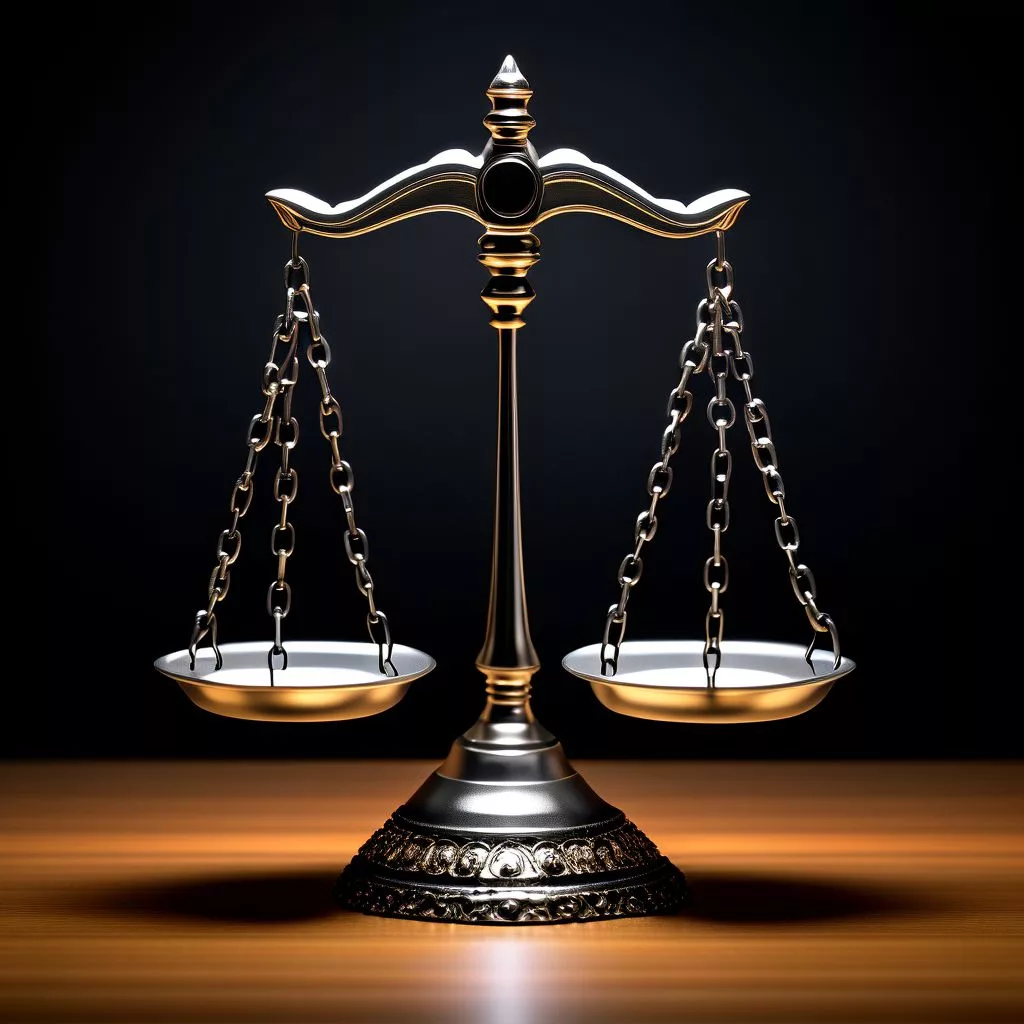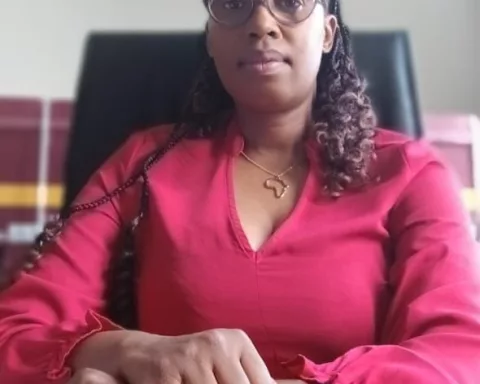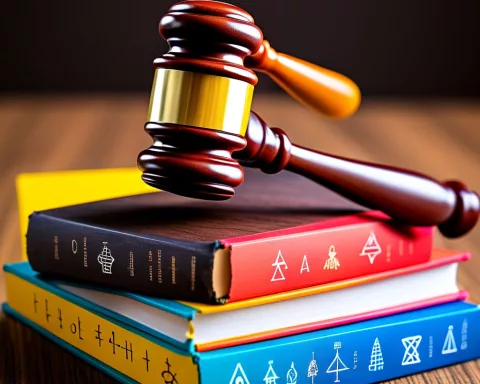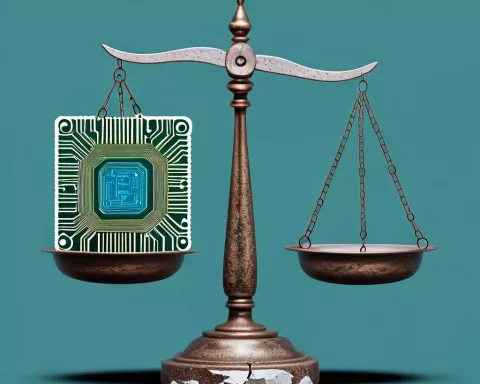In post-apartheid South Africa, the fight for equality faces many tough challenges. Thuli Madonsela, a strong voice for justice, criticizes AfriForum for resisting the changes needed to treat everyone equally, especially after the unfair advantages of the past. She believes that true equality means everyone must be treated the same, pushing against old privileges. Moreover, AfriForum’s actions, like seeking support from international figures, complicate the journey towards fairness and unity in South Africa. As the nation works to heal its wounds from apartheid, embracing inclusivity and acknowledging history is vital for a brighter future.
What are the key challenges to achieving equality in post-apartheid South Africa?
Achieving equality in post-apartheid South Africa involves addressing several key challenges:
– Historical Privileges: Dismantling the remnants of apartheid-era advantages.
– Societal Attitudes: Overcoming deeply entrenched biases and privileges.
– Selective Outrage: Confronting narratives that distort reality and hinder progress towards justice.
– International Influences: Navigating the impact of foreign lobbying on domestic social justice efforts.
The Evolving Dynamics of Equality
In the multifaceted landscape of post-apartheid South Africa, discussions on equality and social justice are ever-evolving and often contentious. One prominent voice in these debates is former Public Protector Thuli Madonsela. Her sharp criticism of AfriForum, a South African civil rights organization, highlights the broader national struggle to establish genuine equality.
Madonsela has openly condemned AfriForum’s actions as “morally reprehensible,” asserting that the organization struggles to accept the reality of equality in a post-apartheid era. During an interview with Newzroom Afrika, she conveyed that AfriForum resists the notion of treating all citizens equally. According to her, this resistance is rooted in a historical context where colonialism and apartheid had privileged white South Africans—a status now being systematically dismantled.
Madonsela remarked, “I think AfriForum is struggling with the reality of being ordinary because the new South Africa requires all of us to be ordinary.” Her statement underscores a broader societal shift towards equality, challenging past hierarchies. She further accuses AfriForum of attempting to “reverse the wheel” and regain the preferential treatment previously enjoyed by white South Africans.
International Alliances and Domestic Consequences
Madonsela’s critique extends beyond South Africa’s borders. She highlighted AfriForum’s efforts to garner support from international allies, notably in the United States under former President Donald Trump. AfriForum’s lobbying in the US, which contributed to economic sanctions against South Africa, contradicts the principles of social justice and human rights. These sanctions, spurred by Trump’s claims of “egregious actions” by the South African government, have far-reaching implications, especially for the country’s poor.
The Expropriation Act 13 of 2024, which permits land expropriation without compensation in certain cases, has been a focal point of controversy. Trump portrayed this legislation as an attack on white South African farmers, further complicating the international discourse on South Africa’s land reform policies. Critics argue that AfriForum and its ally, Solidarity, have not only harmed the nation’s economy but also deepened racial divisions. Their lobbying efforts in the US have elicited widespread backlash within South Africa, with many accusing them of undermining national unity and economic stability.
The Lingering Shadows of Apartheid
Madonsela’s critique is resonant with a broader concern about the enduring effects of apartheid and the challenges in achieving true equality. Her tenure as Public Protector, characterized by a strong commitment to justice and transparency, lends significant weight to her observations. Now serving as the Social Justice Chair at Stellenbosch University, Madonsela continues to champion these principles.
Her reflections on AfriForum’s actions bring to light the broader challenges in transitioning from a society marked by systemic inequality to one striving for inclusivity and fairness. The struggle for equality in South Africa is not merely a legal or political issue; it requires confronting deeply entrenched attitudes and privileges. Madonsela’s emphasis on treating all citizens as ordinary aligns with the broader goals of social justice, advocating for a society where everyone enjoys equal opportunities and rights.
AfriForum’s narrative of a “genocide” against white farmers, a claim repeatedly debunked by various investigations, further complicates the discourse. Madonsela’s pointed observation that AfriForum remains silent when white farmers kill farm laborers highlights the selective outrage that undermines genuine efforts towards justice and reconciliation. This selective narrative not only distorts reality but also perpetuates divisions, impeding South Africa’s progress towards a more equitable society.
The Path to Inclusivity and Fairness
The historical context of apartheid, designed to institutionalize racial inequality, continues to cast a long shadow over contemporary South Africa. Transitioning to a post-apartheid society involves dismantling these systemic inequalities and fostering a culture of inclusivity. Madonsela’s observations underscore the importance of this transformation, highlighting the need for all citizens to embrace the principles of equality and ordinary citizenship.
Her critique of AfriForum also underscores the broader implications of international alliances and influences. The support from figures like Trump for organizations resisting equality in South Africa reflects the complex interplay between domestic struggles and global politics. This dynamic highlights the importance of principled leadership and advocacy for social justice, both within South Africa and on the international stage.
The narrative of equality in South Africa is one of both progress and challenges. Madonsela’s reflections provide valuable insights into the ongoing struggle for a just and inclusive society. Her unwavering commitment to social justice and human rights serves as a beacon for those dedicated to realizing the promise of equality and ordinary citizenship in a nation still grappling with its past legacies.
Embracing this vision, South Africa faces the challenge of moving beyond historical privileges towards a future where all citizens are treated with dignity and respect. This journey, though fraught with difficulties, is essential for the realization of a truly democratic and equitable society. Madonsela’s critique of AfriForum, coupled with her broader reflections on social justice, offers a compelling narrative that underscores the importance of this transformative process.
In summary, the struggle for equality in post-apartheid South Africa is a complex yet critical endeavor. Madonsela’s perspectives provide a lens through which to understand the ongoing challenges and the essential steps needed to foster a society rooted in inclusivity and fairness.
FAQ: Struggles for Equality in Post-Apartheid South Africa
What are the main challenges to achieving equality in post-apartheid South Africa?
Achieving equality in post-apartheid South Africa involves addressing several key challenges, including:
– Historical Privileges: Dismantling the remnants of apartheid-era advantages.
– Societal Attitudes: Overcoming deeply entrenched biases and privileges.
– Selective Outrage: Confronting narratives that distort reality and hinder progress towards justice.
– International Influences: Navigating the impact of foreign lobbying on domestic social justice efforts.
Who is Thuli Madonsela and what role does she play in the fight for equality?
Thuli Madonsela is a prominent advocate for justice and the former Public Protector of South Africa. She is currently the Social Justice Chair at Stellenbosch University. Madonsela is known for her strong criticism of organizations like AfriForum, which she believes resist the necessary changes for achieving true equality in South Africa.
What criticisms does Madonsela have regarding AfriForum?
Madonsela criticizes AfriForum for being “morally reprehensible” in their resistance to the reality of equality in post-apartheid South Africa. She argues that they are attempting to reclaim the privileges once held by white South Africans and are undermining efforts to treat all citizens equally.
How do international influences affect the struggle for equality in South Africa?
International influences, particularly lobbying by organizations like AfriForum, complicate domestic efforts towards social justice. For instance, AfriForum’s appeals to international allies, notably in the United States, have led to economic sanctions that adversely impact the South African economy and deepen racial divisions.
What is the Expropriation Act 13 of 2024, and why is it controversial?
The Expropriation Act 13 of 2024 allows for land expropriation without compensation in certain circumstances. This legislation has been portrayed by figures like Donald Trump as an attack on white South African farmers, which has stirred considerable controversy and debate surrounding land reform and racial tensions in the country.
Why is the narrative around “genocide” against white farmers problematic?
The narrative of “genocide” against white farmers, as promoted by AfriForum, has been debunked by various investigations. Madonsela highlights that this selective outrage ignores the violence faced by farm laborers and distorts the reality of the situation, ultimately hindering genuine reconciliation and justice in post-apartheid South Africa.












